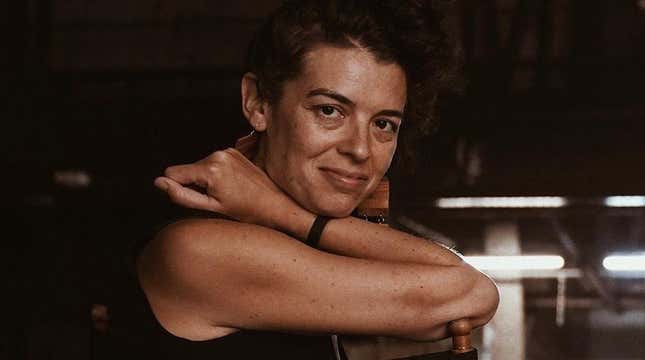Pulitzer Prize-Winning Playwright Quiara Alegría Hudes on Her Perfect Place to Be Alone
"There’s before I encountered James Baldwin's Go Tell It On the Mountain, and there’s after."
BooksEntertainment
Image: Jon Chu
Quiara Alegría Hudes is undoubtedly having a moment. In 2005, Hudes debuted a little Broadway show you might have heard of called In the Heights, for which she wrote the book and which went on to win a Tony and a Grammy. The show is now on the big screen, years after its final live performance, and as powerful as ever thanks to Hudes’s guiding hand as screenwriter and producer. In between penning a Tony award-winning show and creating a summer blockbuster, Hudes won a Pulitzer Prize in 2012 for her play Water by the Spoonful, a sequel to her Pulitzer-nominated play, Elliot, A Soldier’s Fugue, which follows an Iraq war veteran returning to civilian life and his relationship with his biological mother who is in recovery from years of drug misuse.
In April, she published My Broken Language, a memoir about her coming-of-age among a Puerto Rican family in North Philly, exploring the varied influences that made her into the artist she is today. Hudes is also the founder of Emancipated Stories, a volunteer program that provides a space for currently or formerly incarcerated people to share their writing or art and “bridge two separate populations,” those behind bars and those outside.
Hudes answered our Jezebel Questionnaire and recommended some powerful and moving reads including the upsetting yet vital work of Nelson A Denis.
-

-

-

-

-

-

-

-

-

-

-

-

-

-

-

-

-

-

-

-

-

-

-

-

-

-

-

-

-

-

-

-

-

-

-

-

-

-

-

-








































